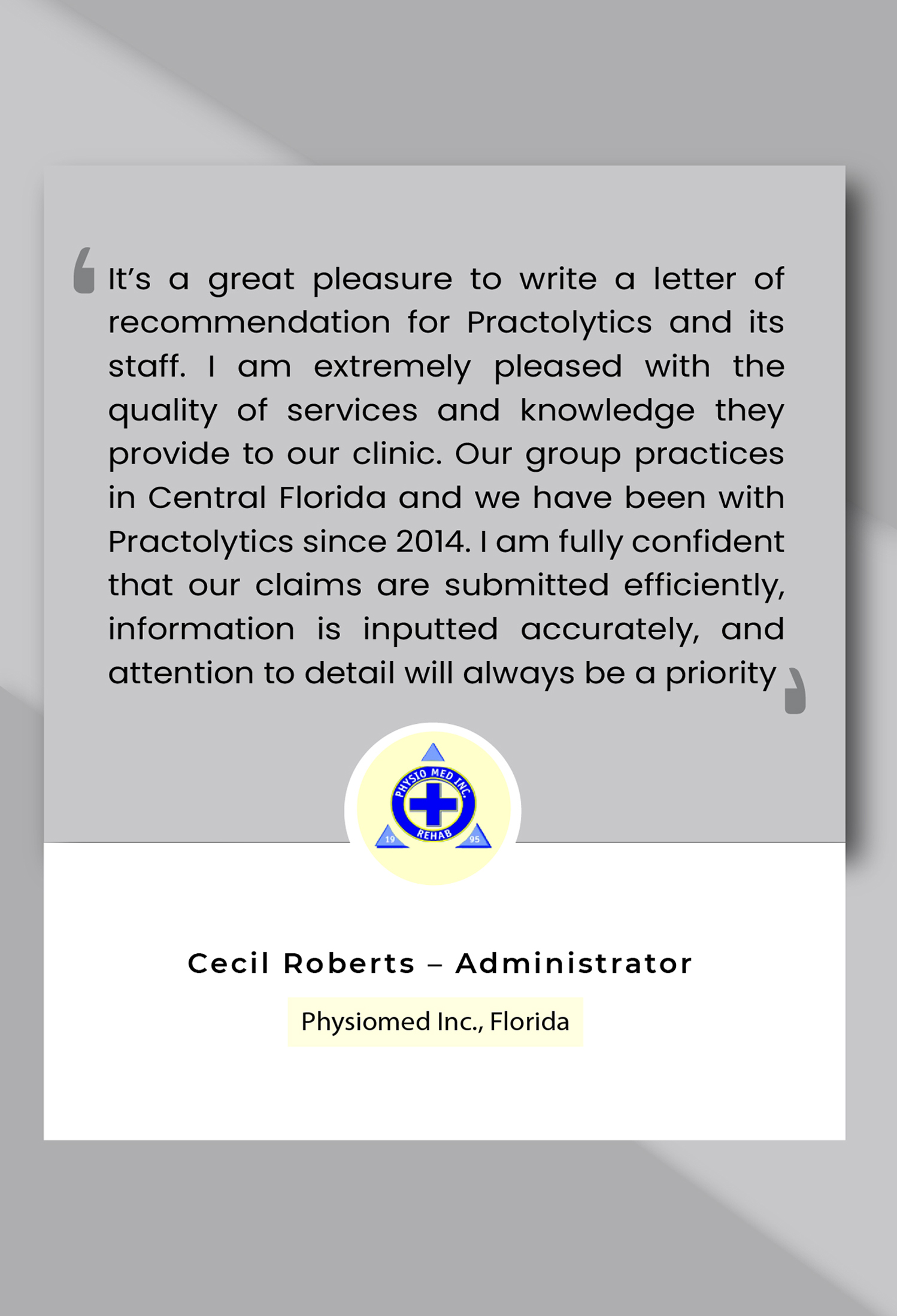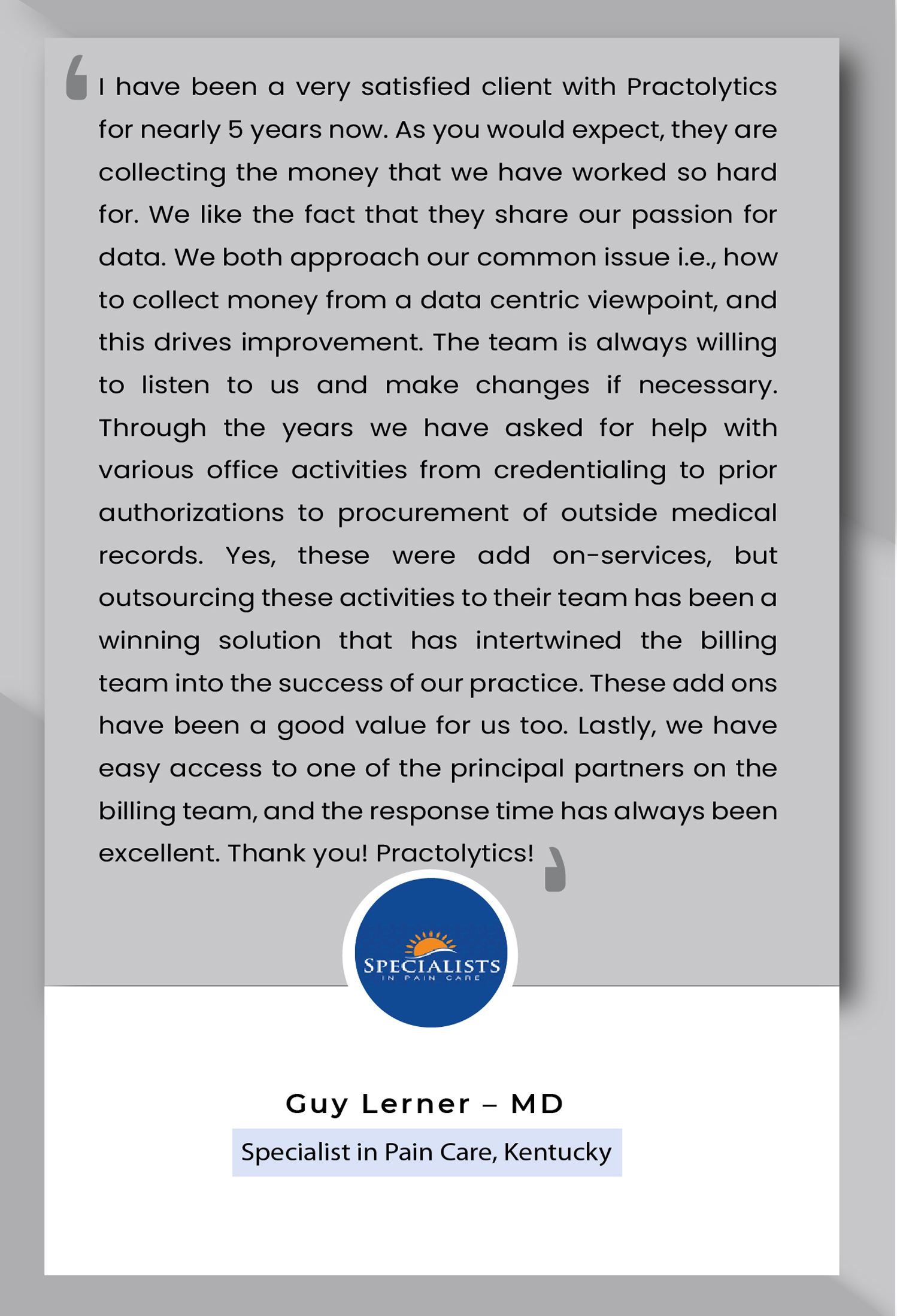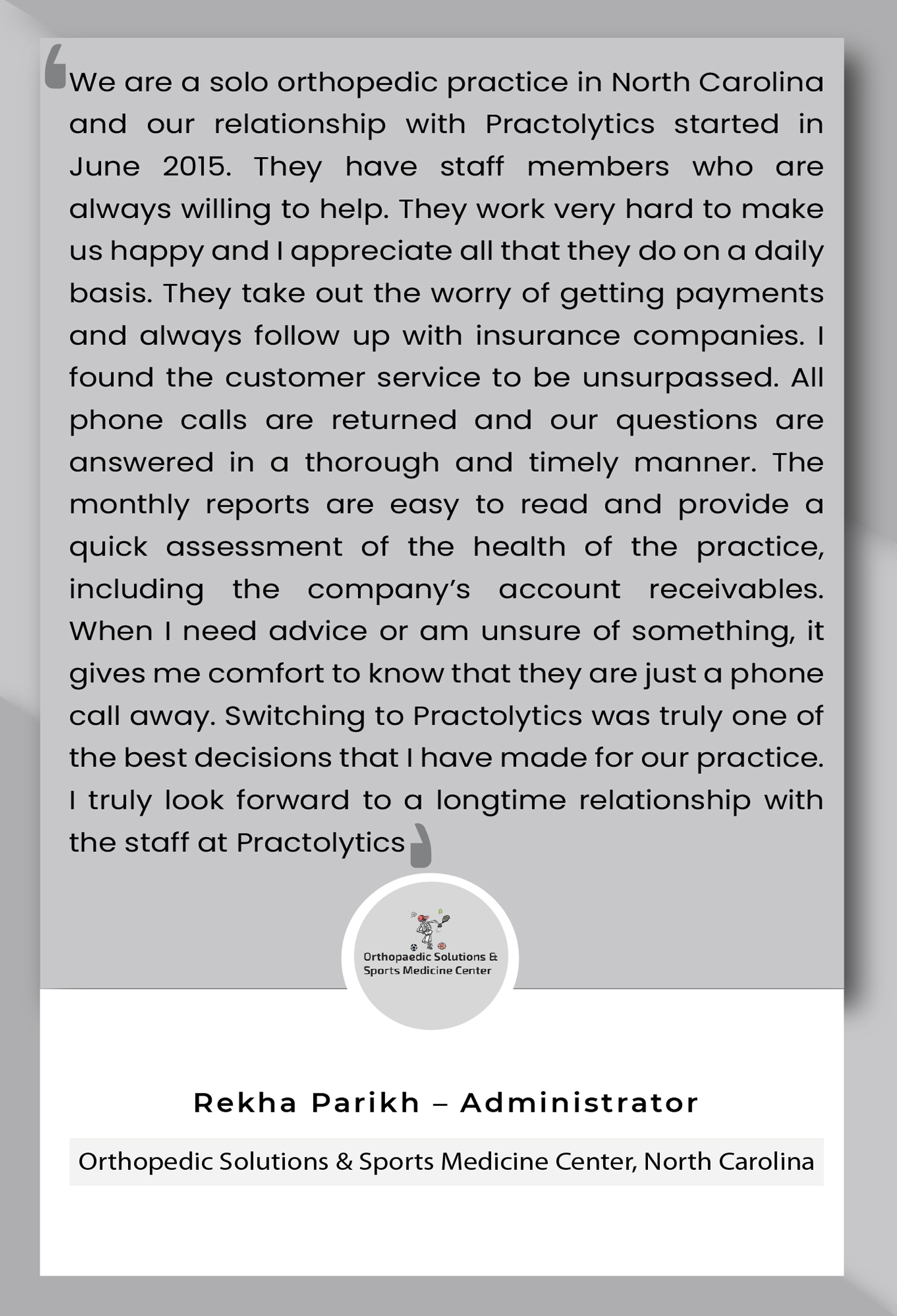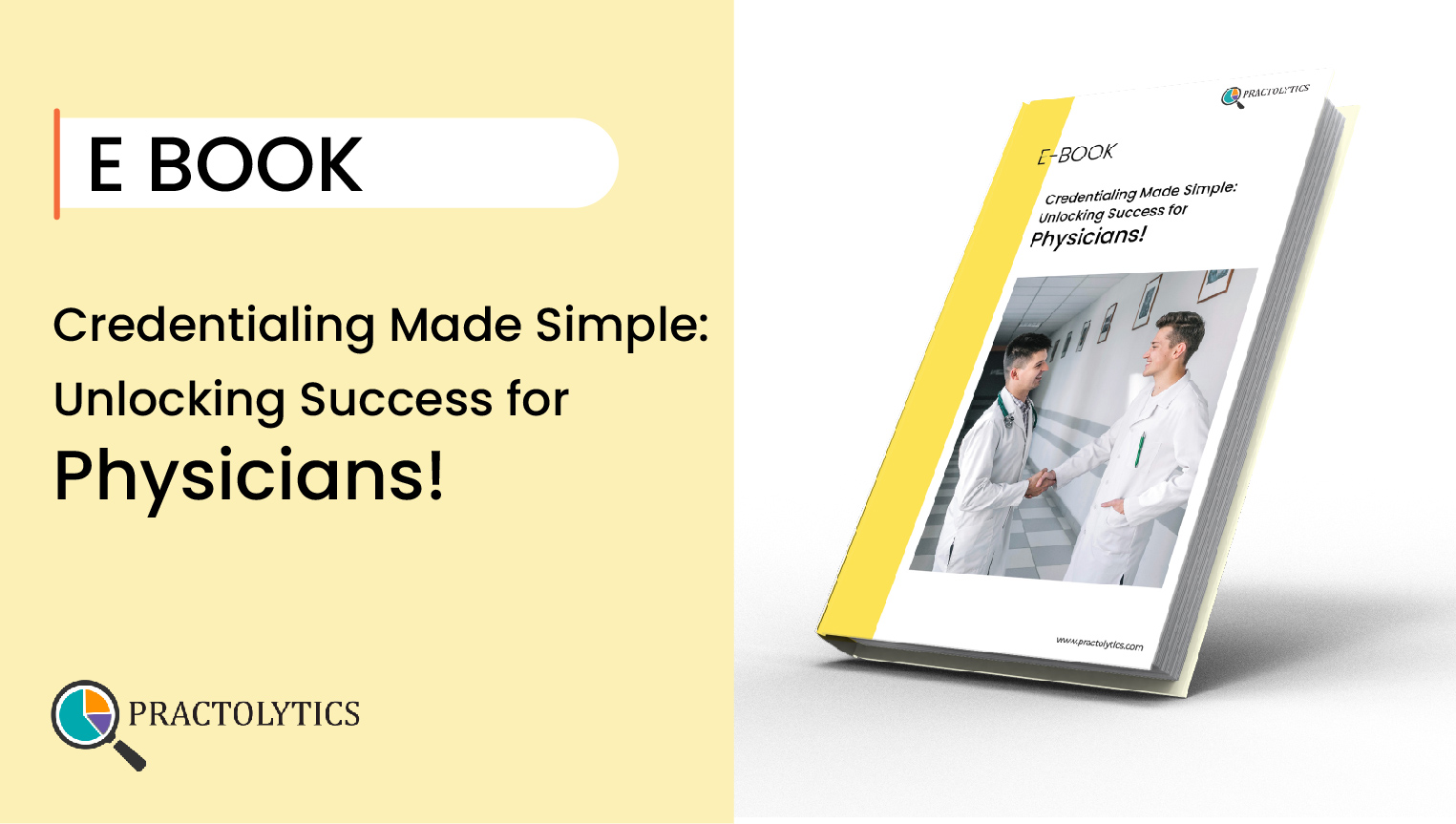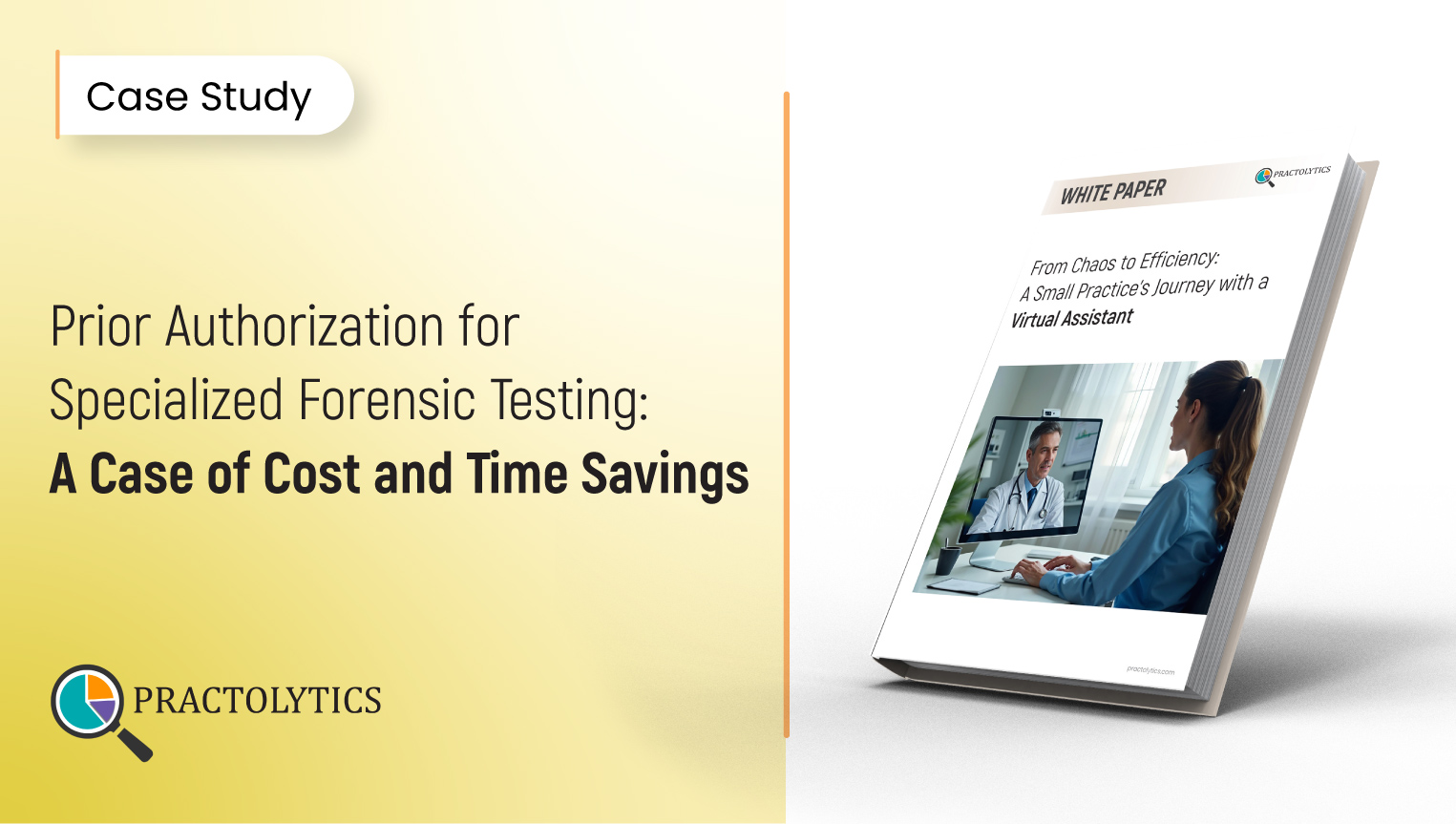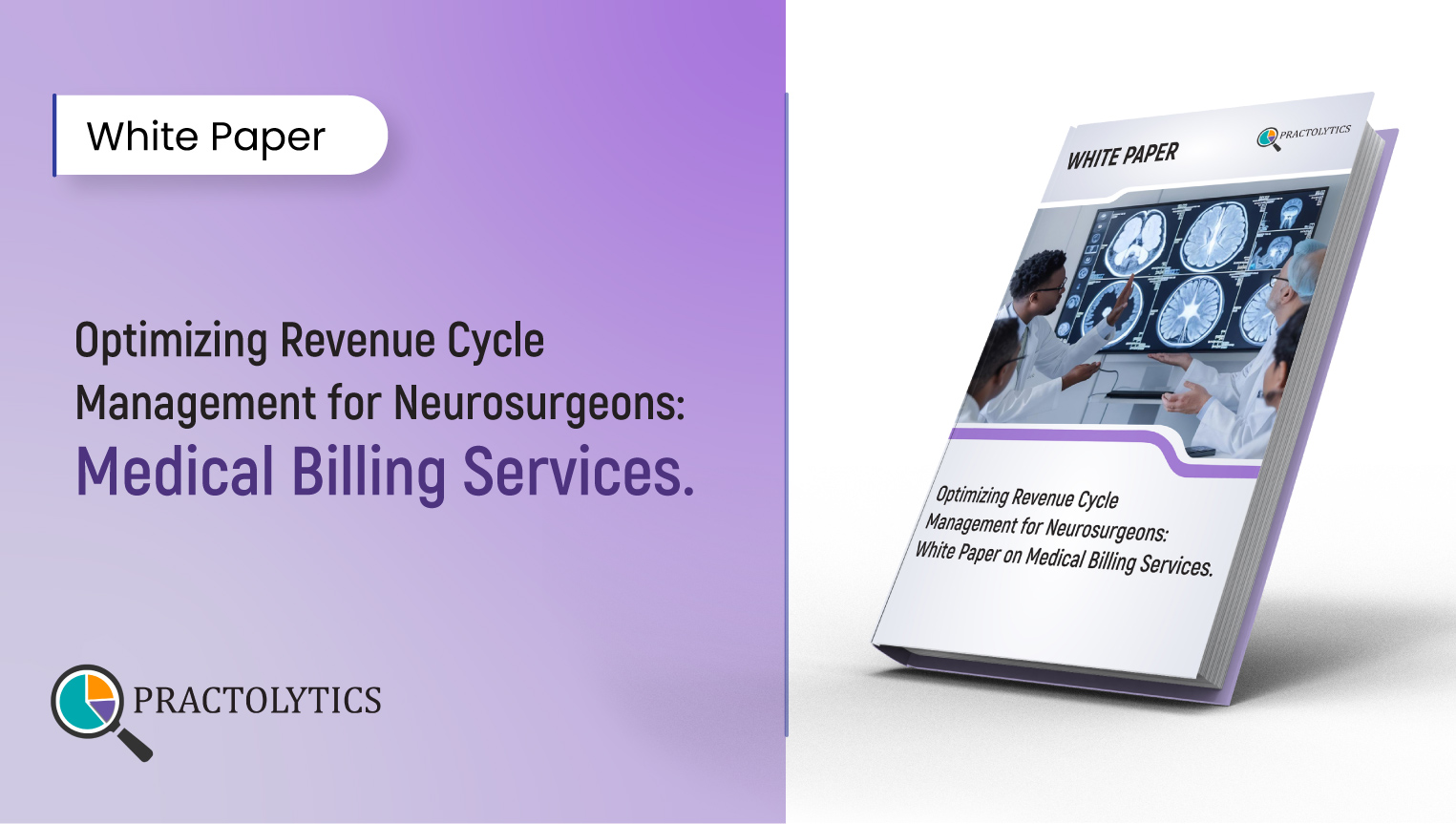Compliance Audit Services
Compliance Audit Services are like a trusted guide for healthcare businesses. They help make sure these companies play by the rules of the government and the groups that pay for healthcare. Compliance audits are important because if a company doesn’t follow these rules, it could have to pay a lot of money, up to $1.5 million for each mistake (HHS says so).
Here are some big reasons to get help from these audit pros:
So, if you want to stay on the good side of the law and keep your finances healthy, think about getting professional compliance audit help.
Need for Compliance Audit Services
The rising number of rules makes compliance auditing software a necessity. It is crucial for companies in the healthcare field to handle checks called healthcare compliance audits in the right way. These audits are like guides that make sure you’re sticking to all the important rules so you don’t have problems with the groups that oversee your work.
Here’s why it’s so important:
So, using these tools can save you from trouble and make everyone happy.
Compliance Audit Process
Understanding the process of compliance audits is pivotal for those who work in healthcare. It helps keep things clear and correct and gives you ideas on what to do next.
Here’s how it typically goes:
Did you know? Places that do these kinds of audits often see their problems go down by a lot, like 35% in just one year! (That’s from a big group called AHIMA.) To ensure a smooth and streamlined compliance audit service process, join hands with Practolytics.
Why Choose Practolytics for Compliance Audit Services
Among the top compliance audit companies, Practolytics is special because it has great tools and smart people, and you can see that it works well. As an efficient compliance audit company, they make sure their help fits your business.
Why choose Practolytics?
When you work with Practolytics, you get more than just a list of things to do. You get a partner who makes sure you’re always ready for an audit. When you look for “best compliance audit companies”, ensure you know exactly what you are looking for. That’s why Practolytics is the easiest and best choice.
Benefits of Compliance Audit Services
Partnering with the best compliance audit services is a smart business move. It gives you big-time operational and financial pluses. Here’s why:
So, teaming with the right people helps your business stay secure and successful in the healthcare industry.
FAQs about Compliance Audits
How can I maintain compliance between audits?
To keep on top of things, use ongoing monitoring tools, train your team well, and consider helpful computer software that checks for compliance.
What documentation should I provide for a compliance audit?
You will have to check your computer records for patients, the history of bills you’ve sent out, the codes you utilize, and the rules you’ve established for playing fair.
How does a compliance audit protect me from liability?
These audits enable you to catch and correct issues before the big boys do, which can save you significant money and headaches.
Are compliance audits required by law?
While not always necessary, they are highly recommended and occasionally required by insurers or CMS.
What happens if my practice fails a compliance audit?
You will receive a corrective action plan. Failure audits don’t result in penalties except in cases of severe or uncorrected violations.
What is the difference between an internal and external compliance audit?
Your staff conducts internal audits. External audits use third-party specialists for an objective examination.
How long does a compliance audit take?
This entire procedure can take from one week to one month, depending on how large and complicated your healthcare business is.
Will the audit disrupt my clinic’s daily operations?
No. Professional checkers do their job with minimal disturbance and often use digital ways to do so.
What areas are typically reviewed in a compliance audit?
Look at billing and coding, keeping patient info private (that’s HIPAA), and sticking to what the payment folks (payers) and the government (CMS) say you can do.
How often should a medical practice undergo a compliance audit?
You ought to review your work every year, although perhaps more often if you’ve had issues with the rules in the past or made significant changes in your business.
Why does my medical practice need a compliance audit?
To play by these rules of healthcare, avoid expensive fines, needlessly complex administrative and bureaucratic hurdles, and truthful claims.
Schedule Your Compliance Audit Today
Resources
Credentialing Made Simple: Unlocking Success for Physicians!
Medical credentialing is vital. It ensures healthcare providers meet the standards to deliver quality care.For doctors, credentialing is vital.
Prior Authorization for Specialized Forensic Testing: A Case of Cost and Time Savings
Discover how optimized prior authorization services helped a forensic lab reduce costs by 25% and speed up approvals by 50%. Improve efficiency with Practolytics!
Optimizing Revenue Cycle Management for Neurosurgeons: Medical Billing Services
Discover how Practolytics helps neurosurgeons streamline billing, reduce denials, and boost revenue with specialized RCM solutions.







